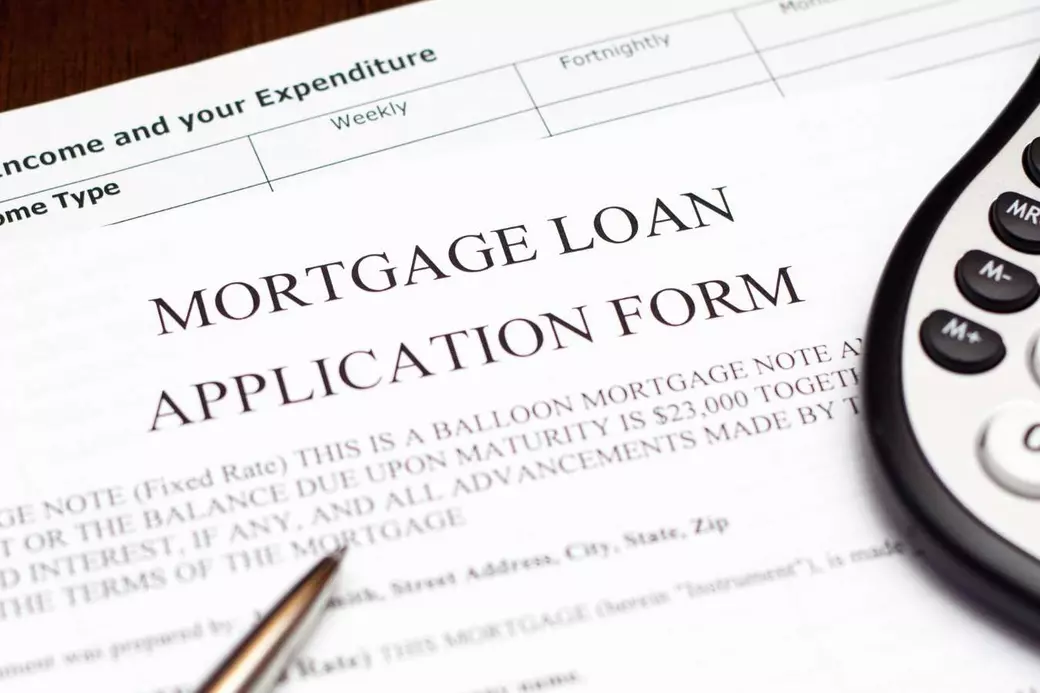Mortgage Application Denied? Here's What to Do Next

Applying for a mortgage is one of the most significant financial steps you'll ever take, and it can feel devastating if your application is denied. But don't panic — a mortgage denial is not the end of the road. Many homebuyers face this challenge and successfully move forward with their homeownership journey. If your mortgage application is denied, here are some steps you can take to get back on track.
1. Understand the Reason for Denial
The first step is to understand why your mortgage application was denied. Lenders are required to provide a reason, whether it's related to your credit score, income, debt-to-income ratio, or down payment. Common reasons include:
- Low credit score: A score that's below the lender's threshold can prevent approval.
- High debt-to-income ratio: If your existing debts are too high compared to your income, it could signal financial strain to lenders.
- Insufficient income or employment history: Lenders want to be sure you'll be able to make consistent mortgage payments.
- Errors on your credit report: Mistakes or outdated information can negatively impact your score.
- Too small a down payment: Some loan programs require a higher down payment for approval.
Once you know the reason, you can focus on specific solutions.
2. Review Your Credit Report
If your credit score was the issue, request a copy of your credit report. You’re entitled to one free report annually from each of the three major credit bureaus: Equifax, Experian, and TransUnion. Review it for any errors or outdated information, such as late payments or incorrect accounts. If you find mistakes, dispute them with the credit bureaus to have them corrected.
Improving your credit score can take time, but paying down outstanding debts, avoiding new credit inquiries, and making timely payments can help boost your score over time.
3. Work on Reducing Your Debt
If your debt-to-income ratio was too high, consider paying down some of your existing debts. Paying off high-interest credit cards or loans can lower your monthly obligations and improve your chances of mortgage approval. Also, avoid taking on new debt during the mortgage application process.
4. Increase Your Down Payment
A larger down payment can improve your chances of mortgage approval by reducing the lender's risk. If possible, consider saving for a bigger down payment or exploring down payment assistance programs that can help reduce the burden.
5. Consider a Co-Signer or Co-Borrower
If you have a low income or a weak credit history, consider asking a family member or friend to co-sign your mortgage application. A co-signer can help boost your chances of approval by adding their creditworthiness to the application.
6. Shop Around with Different Lenders
Not all lenders have the same requirements or approval processes. If one lender denies your application, consider shopping around for other options. Some may be more flexible or offer specialized loan programs for individuals in your situation.
7. Explore Government-Backed Loan Programs
If you’re struggling to qualify for a conventional mortgage, government-backed loans such as FHA, VA, or USDA loans might be worth considering. These programs have more lenient qualification criteria, especially for first-time homebuyers or those with lower credit scores or modest incomes.
8. Reapply After Making Improvements
Once you've addressed the issues that led to your initial denial, it's time to reapply. If your credit score has improved or you've reduced your debt, reach out to a lender to discuss the possibility of reapplying. Be prepared to explain the changes you've made since your previous application.
9. Seek Professional Guidance
If you're unsure where to begin or how to improve your chances of approval, consider working with a mortgage broker or loan officer. They can help you understand your options and guide you through the process. A professional can also identify potential issues you may not have considered and help you address them before reapplying.
While a mortgage denial can feel discouraging, it’s important to view it as a setback, not a failure. By understanding why your application was denied and taking proactive steps to improve your financial situation, you can increase your chances of securing a mortgage in the future. With the right approach and guidance, homeownership is still within reach — even after a setback.
Remember, the road to homeownership may have a few bumps, but persistence and preparation will help you cross the finish line. Stay focused, and with time and effort, you’ll be well on your way to owning your dream home.
Categories
Recent Posts










